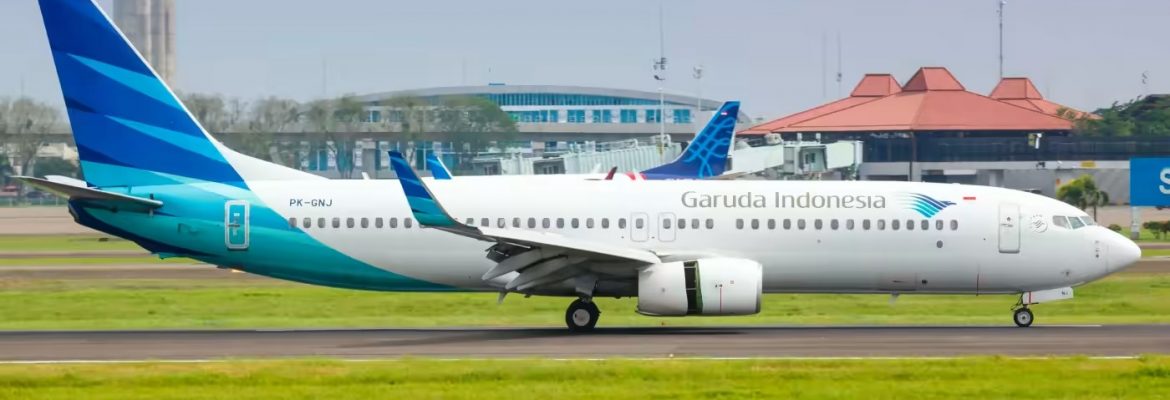JAKARTA — Garuda Indonesia won overwhelming approval from creditors on Friday for its make-or-break restructuring proposal that staved off bankruptcy for the country’s oldest airline.
The state-owned carrier got the more than two-third’s approval required for the plan, which the company announced last week and revised this week under a drawn-out court process that began late last year. Garuda is seeking to shake off billions of dollars in debt.
The results were announced by the court, which said 95.07% of 365 creditors with voting rights who participated approved the deal. The results are to be formalized on Monday.
Garuda CEO Irfan Setiaputra welcomed the outcome.
“[This result] of overwhelming support represents high trust in Garuda,” a tearful Setiaputra said. “We are committed to fulfill this obligation.”
Garuda unveiled the plan at a court session on June 9 and mentioned that some creditors would be required to take a substantial haircut on what they are owed. But it said that state-owned and private banks, including state oil company Pertamina and other entities, would receive full reimbursement under an adjusted repayment schedule.
The deal includes issuing $825 million in new bonds as well as raising $330 million by offering equity to non-shareholding creditors.
The airline’s troubles have been long in the making but accelerated as the COVID-19 pandemic hammered the industry by bringing air travel and tourism to a virtual standstill. Trading in Garuda shares has been suspended since June last year after it defaulted on coupon payments for a $500 million Islamic bond.
Garuda has been negotiating with creditors under a debt suspension process known locally as PKPU that was granted in December after an information technology company took it to court over unpaid debts.
Setiaputra said the same month that the company had $9.8 billion in such liabilities owed to some 800 creditors and lenders. The court on Friday put the debt figure at 142.41 trillion rupiah ($9.6 billion).
Airline industry expert Ruth Hanna Simatupang, a former investigator on the National Transportation Safety Committee, said before the vote that approval was essential.
“The deal must be achieved,” Simatupang told Nikkei Asia. “And I’m optimistic it can because this is important for the aviation industry recovery in the country.” She also said it would be a much-needed shot in the arm for Garuda by giving it capital to increase its fleet and lay the groundwork for a profitable future.
Gatot Rahardjo, an independent aviation analyst, had also been optimistic.
“Very rarely would the PKPU process fail,” Rahardjo told Nikkei. “It’s more common that bankruptcy occurs when the payment scheme failed to be met as previously agreed.”
But Rahardjo said the stakes were high because if Garuda failed to get the necessary votes it would go into bankruptcy, with its operations stopped and assets prepared for liquidation.
Garuda began operations in 1949. In September 2019, before the pandemic, it flew to 23 countries and connected 65 cities domestically. But under the impact of the pandemic, it currently flies to nine countries and 39 domestic destinations.
The challenge for Garuda upon winning approval would “be to execute [the proposal] and ensure the restructuring of human capital and management,” said Simatupang.
“Everything happening [with Garuda] is due to prolonged mismanagement,” she said, citing excessive pay for an executive class that has taken “decisions that caused a lot of trouble.”
Aviation analyst Shukor Yusof of Endau Analytics, also speaking before the results were known, said that even with approval Garuda would likely face difficulties.
Shukor cited weakness in the Indonesian rupiah and expectations that foreign exchange and fuel price risks are likely to worsen in the second of this year, potentially bringing “misery” to numerous carriers.
“The danger signs are there if anyone’s paying attention,” he said.
Source: asia.nikkei.com.sg June 17, 2022

